On Asking “Why?” — A Philosophical Perspective on the Role of Computer Simulations for Scientific Explanation
-
Date:
July 12
- Speaker:
-
Time:
14:35 - 14:55
-
According to a widely-held view, a central goal of science is to explain or understand the world rather than just describe it. In recent times, however, some people have raised the concern that scientists’ increased reliance on sophisticated computational tools comes with a shift from explanation towards mere pattern recognition or prediction.
Clarifying how explanations can be obtained with the help of computational tools such as computer simulations presupposes a reflection about what scientific explanation amounts to. What does it take to explain rather than just describe the behavior of a given system? Answering this question does not seem trivial, especially if the system under investigation is very complex. What are we looking for when trying to obtain scientific explanations? Are explanation and prediction just two sides of the same coin? In the first part of my talk, I introduce two traditional philosophical accounts of scientific explanation. While both of these accounts have been met with substantive criticisms, a discussion of these criticisms points to some interesting challenges that arise when clarifying the nature and scope of scientific explanation. In the second part of my talk, I offer some suggestions about the characteristics of scientific explanations that concern complex phenomena and give an outlook on the role that computer simulations can play for scientific explanation.

